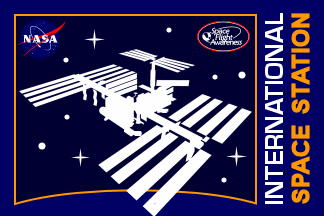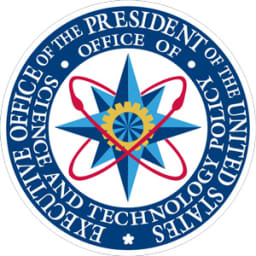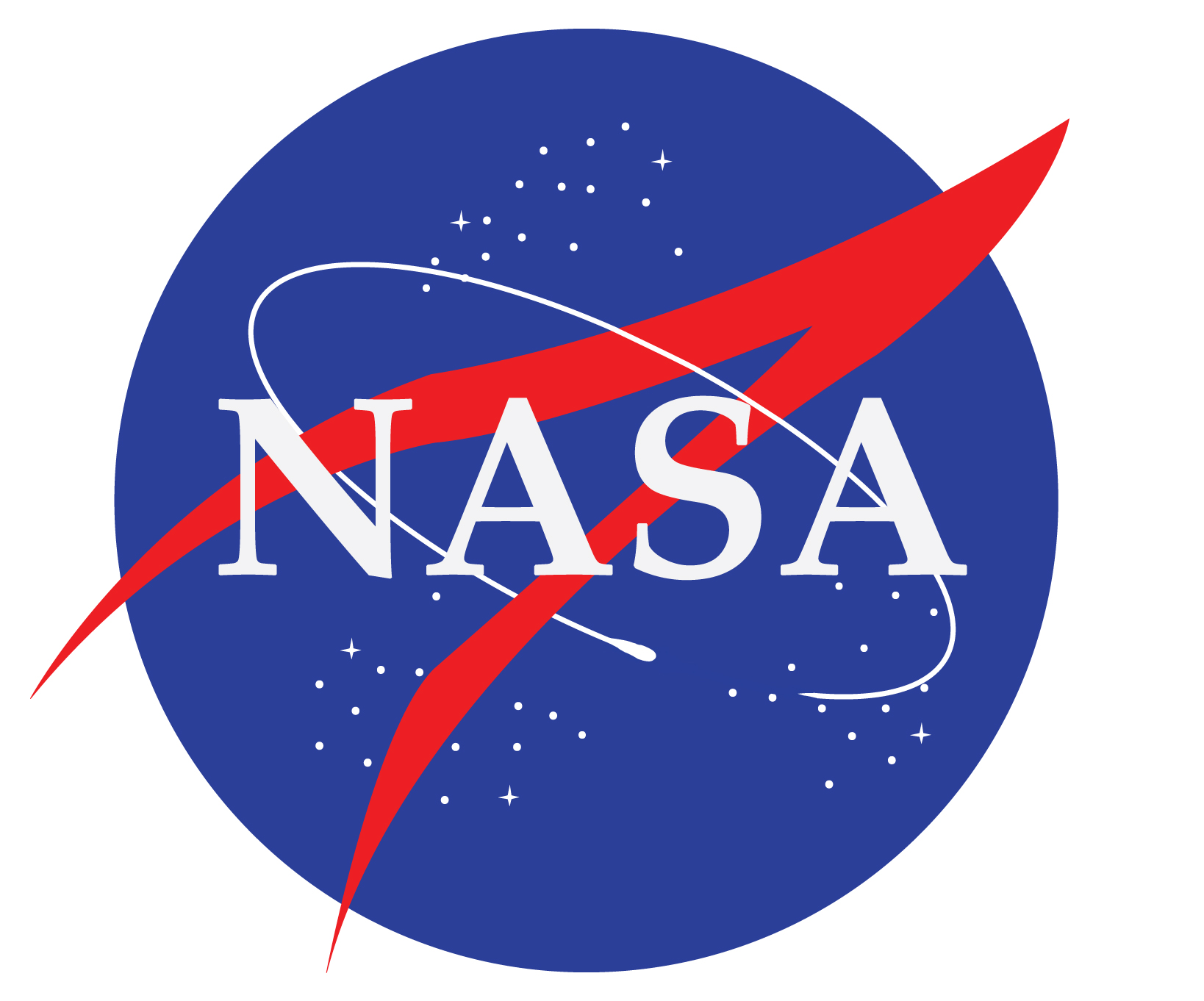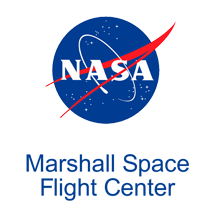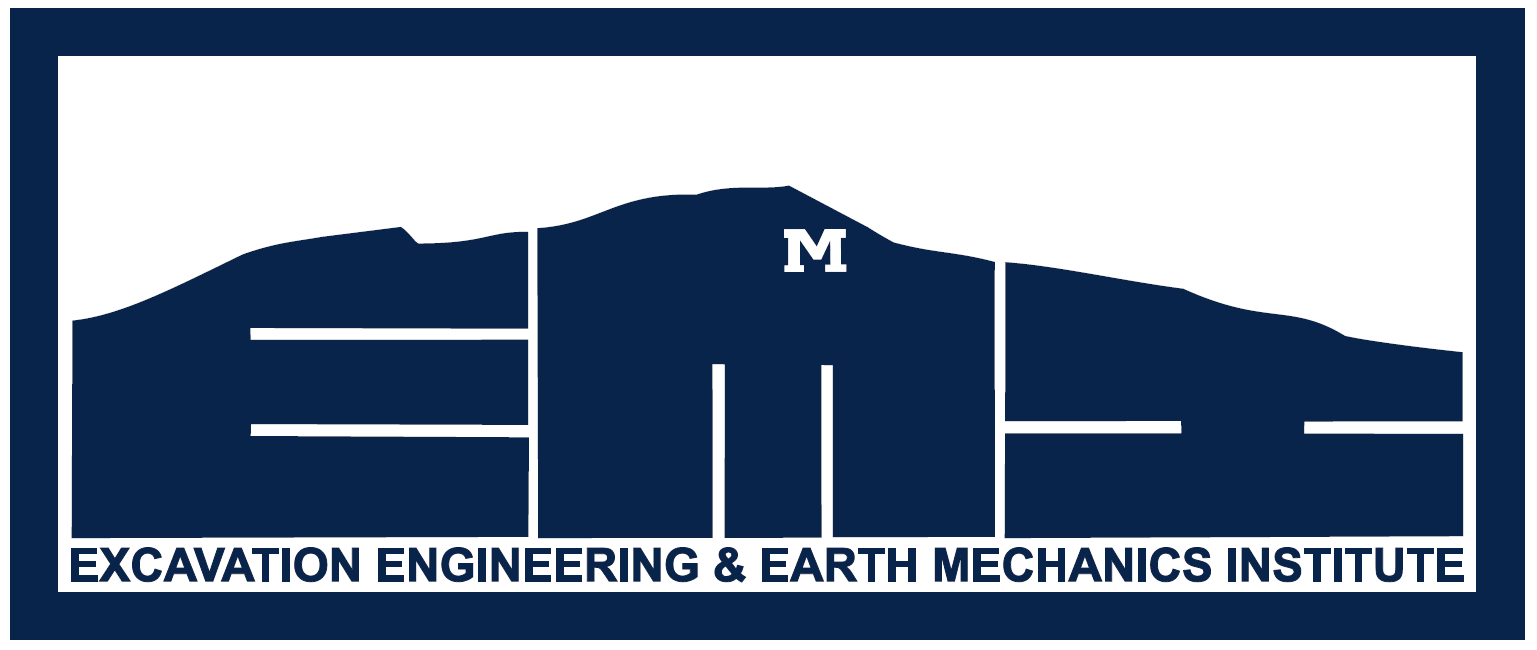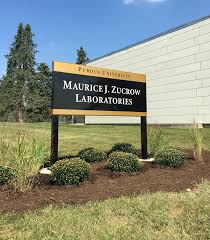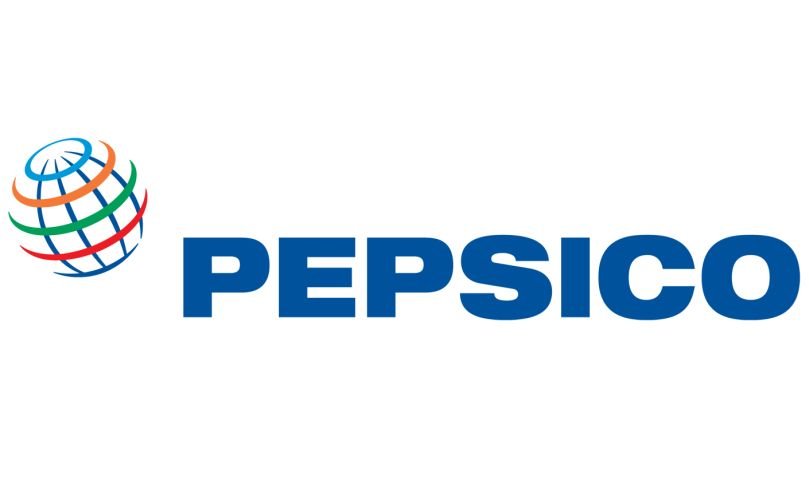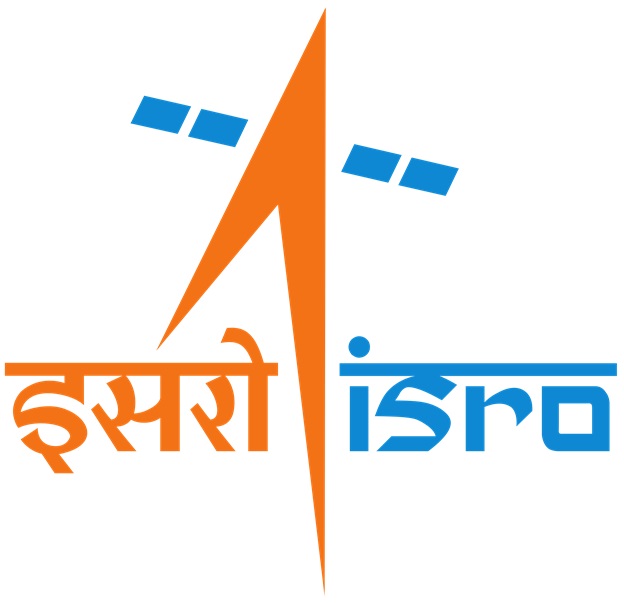NASA Wants The International Space Station To Become A Commercial Enterprise
Twenty commercial space companies joined NASA representative at a conference last week to discuss the commercial possibilities of the International Space Station. NASA has been planning to use the ISS to support the commercialization of space for some time. Stephanie Schierholz, the lead spokesperson for NASA, said, “We’re here because the International Space Station is now open for business.”
